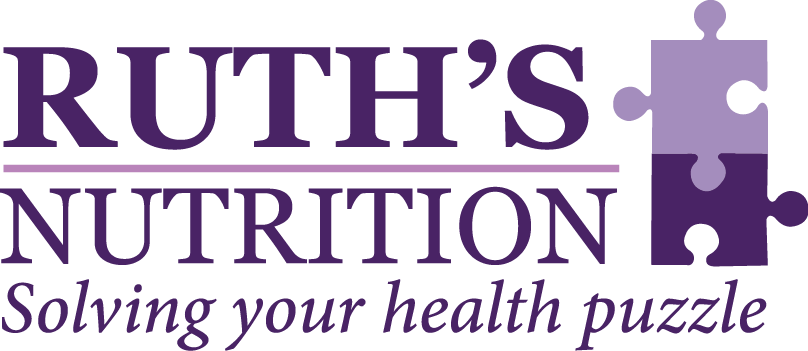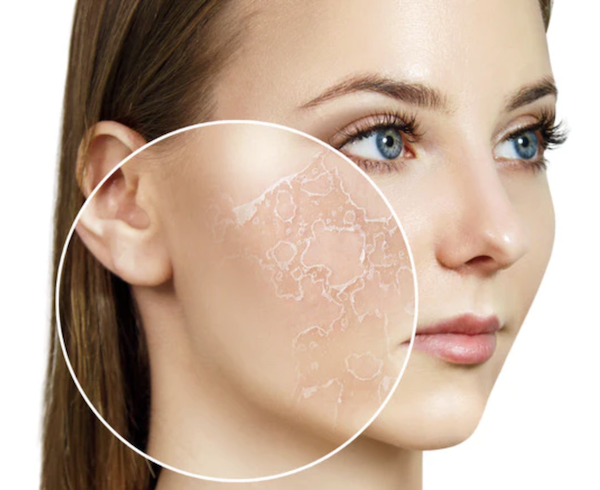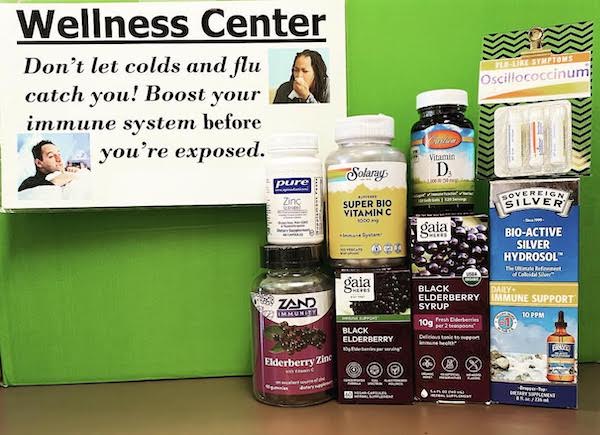For decades now treatments for depression have focused on serotonin and other neurotransmitters to attempt to address the problem. But what if depression was less about a serotonin deficiency and more about inflammation?
In recent years more and more studies have been pointing to just that: depression is intrinsically linked with increased inflammation. In October of 2016 Cambridge University conducted research that showed people with depression have higher levels of cytokines, proteins that control the way the immune system reacts, many of them increasing inflammation. It also showed that people with “overactive” immune systems are more likely to develop depression.
A January 2017 article in Psychology Today notes that brain scans in those who are depressed have increased neuroinflammation. The articles goes on to note another study that found depressed people had 46% higher levels of C-Reactive protein (CRP), a marker of inflammatory disease.
While these studies found association and not causation between inflammation and depression, a good bit of research has found treating inflammation seems to alleviate depression.
Lucky for us, many studies have been done using the natural anti-inflammatory curcumin, an active ingredient in turmeric, with depressed people. The results are good. The October 2014 issue of Journal of Affective Disorders reports a small study where 56 patients with major depressive disorder were given 500 mg curcumin capsules or placebo twice daily for eight weeks. Both groups improved slightly until the fourth week and from there to the end of the study the curcumin group had significantly improved scores when evaluating depressive symptoms.
A meta-analysis of the clinical uses of curcumin in depression published in the June 2017 Journal of American Medical Directors Association reviewed six clinical trials comparing curcumin to placebo as a treatment for depression. The analysis concluded curcumin “had significant clinical efficacy in ameliorating depressive symptoms. Significant anti-anxiety effects were also reported in three of the trials. Notably, no adverse events were reported in any of the trials.”
Granted, the studies were small and more studies are needed, but surely natural anti-inflammatories are something worth considering for those who suffer with the winter blues.
To learn more about curcumin in neurological disorders, click here.





